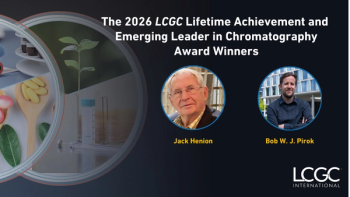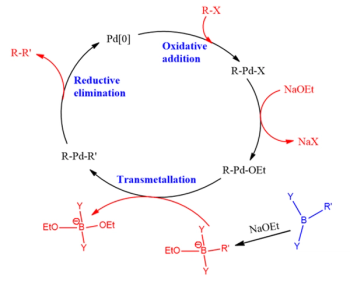
Al Yergey Mass Spectrometry Scientist Award
Today at 4:45 pm, the 2022 Al Yergey Scientist Awards will be presented to Gordon A. Anderson, Michael A. Grayson, and Martha M. Vestling.
The Al Yergey Mass Spectrometry Scientist Award is sponsored by ASMS to recognize those who have made significant contributions to mass spectrometry-based science. This award is named in memory of Al Yergey, a well-respected scientist who served 45 years at the National Institutes of Health, where he was known as a dedicated mentor.
Gordon A. Anderson is recognized for his immense, impactful, and sustained contributions to mass spectrometry (MS). His technical contributions, strength of character, and mentoring of junior scientists exemplify the spirit of the Al Yergey Award. Gordon is now the chief engineer of a family-run enterprise, called GAA Custom Electronics, that broadly serves the MS community with a range of innovative and highly functional MS-specific electronic solutions.
Michael A. Grayson has championed the cause of history for ASMS as an archivist, historian, and oral history interviewer, and as the ASMS representative to the Heritage Council of the Science History Institute. His dedication to preserving the history of significant individuals and events has resulted in the rich resources available through the organization’s website (asms.org). Now retired, Grayson continues to contribute actively to the many projects of the ASMS History Committee.
Martha M. Vestling has contributed to MS-based research, provided extensive service to the MS community, and educated and trained students and users from diverse scientific backgrounds for five decades. As the director of the Mass Spectrometry Laboratory at University of Wisconsin-Madison, she has developed a “go-to” facility for researchers on campus and many other biomedical science departments and units.
Newsletter
Join the global community of analytical scientists who trust LCGC for insights on the latest techniques, trends, and expert solutions in chromatography.




